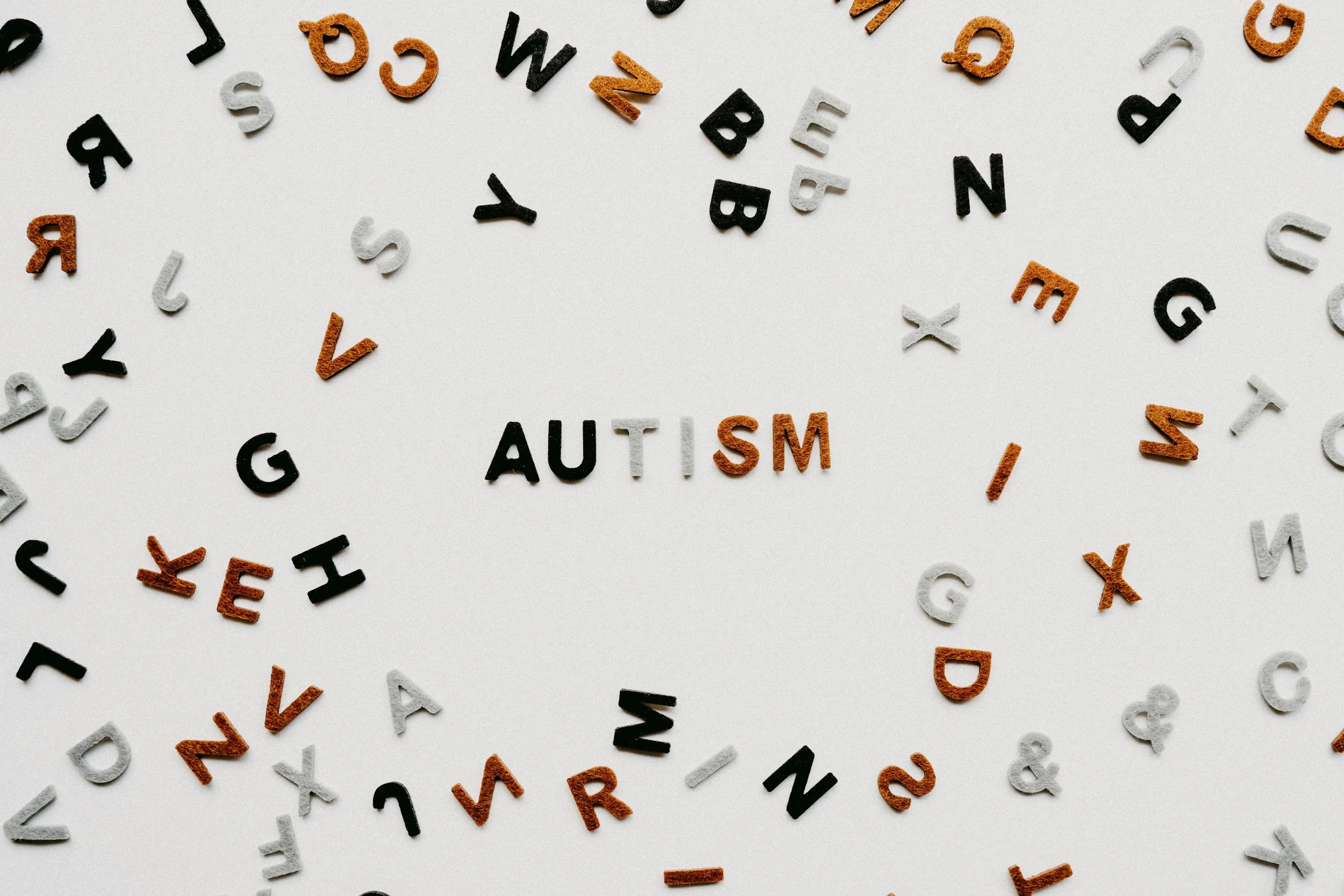Understanding the autism assessment process: What parents need to know
If you think your child may be autistic, it can feel overwhelming to know where to start. The good news is that there is a clear assessment process to help identify your child’s needs and ensure they receive the right support. This guide explains what to expect, who is involved, and how you can prepare as a parent.
Step 1: Recognising the Signs
Autism is a lifelong developmental condition that affects communication, behaviour, and how a person experiences the world.
Some early signs in children can include:
Delayed speech or language development.
Difficulty with eye contact or social interaction.
Intense interests or repetitive behaviours.
Sensory differences (e.g., sensitivity to noise, light, or textures).
You can read more about early signs from the NHS (NHS – Signs of Autism).
If you’d like to talk to a Speech and Language Therapist about early signs, learn more about our SLT service in London.
Step 2: Referral for an Assessment
If you are concerned, you should speak to your GP, health visitor, or your child’s nursery/school SENCO. They can make a referral to a specialist autism assessment team.
In some areas, you may also be able to self-refer directly. The National Autistic Society (NAS) provides helpful guidance on accessing assessments (NAS – Getting a Diagnosis).
If you’d like support while you wait, you can book a consultation with Baby Speak (home visits across London, Harley Street clinic, and online).
Step 3: The Autism Assessment
An autism assessment is carried out by a multidisciplinary team (MDT) of professionals. This may include:
A Paediatrician.
A Speech and Language Therapist (SLT).
A Psychologist.
Sometimes an occupational therapist or other specialists.
The assessment usually involves:
Parent interview – discussing your child’s developmental history.
Observation of your child – play, communication, and interaction.
Standardised tools such as the ADOS (Autism Diagnostic Observation Schedule).
Reports from school/nursery about your child’s strengths and challenges.
The process follows guidance from the National Institute for Health and Care Excellence (NICE), which sets standards for autism diagnosis (NICE – Autism in under 19s: recognition, referral and diagnosis).
Baby Speak provides NICE-aligned private autism assessments in London with experienced clinicians.
Step 4: Receiving the Outcome
After the assessment, the team will meet with you to share their findings. This may include:
A diagnosis of autism.
Information about your child’s profile of strengths and needs.
Recommendations for support at home, in education, and through therapy.
Even if a diagnosis is not given, your child may still benefit from extra support for communication, learning, or behaviour. Our team can provide targeted speech and language therapy and parent coaching.
The Role of Speech and Language Therapy in Assessment
SLTs are often key members of autism assessment teams. They look at:
How your child understands language.
How they express themselves.
Their social communication skills.
Whether an alternative communication system (like AAC) might be helpful.
SLT reports help the team build a full picture of your child’s communication profile and recommend the right support. Learn more about SLT for autistic children and social communication at Baby Speak.
How to Prepare as a Parent
Keep a record of observations – note down examples of behaviours, strengths, and challenges.
Collect school or nursery reports that highlight any concerns.
Write down questions you want to ask during the assessment.
Bring any previous reports (e.g., from therapists or health professionals).
If you’d value a pre-assessment session to organise information and questions, we offer pre-assessment coaching.
How Baby Speak Can Help
At Baby Speak, we provide autism assessments in line with NICE requirements, ensuring families receive a thorough, evidence-based process that meets national standards.
Our team offers:
Pre-assessment support – helping families gather information and feel prepared.
NICE-compliant assessments with input from experienced SLTs and other professionals.
Therapy during the waiting period – since NHS waiting times can be long, we provide early strategies to support communication at home.
Post-diagnosis support – personalised therapy and parent coaching to help your child thrive.
We offer home visits across North, Central, West and East London, sessions at our Harley Street clinic (W1G), nurseries/schools, and online.
Contact Baby Speak.
Book an appointment.
References
NHS. Signs of Autism. https://www.nhs.uk/conditions/autism/signs/
National Autistic Society. Getting a Diagnosis. https://www.autism.org.uk/advice-and-guidance/topics/diagnosis/assessment
NICE. Autism in under 19s: recognition, referral and diagnosis. https://www.nice.org.uk/guidance/cg128
Emma O’Dwyer
Speech and Language Therapist, IBCLC Lactation Consultant and Founder of Baby Speak


